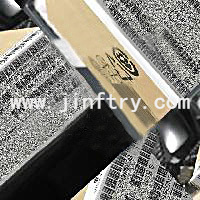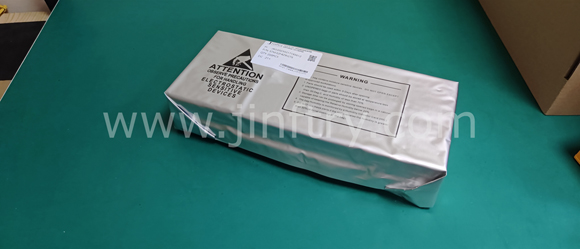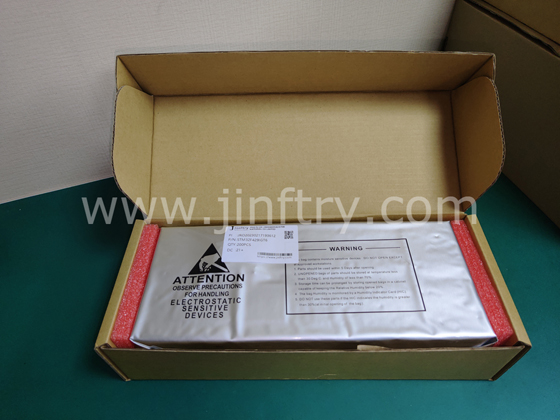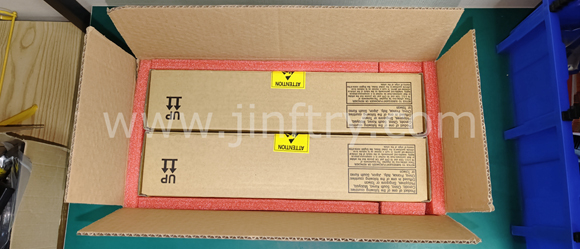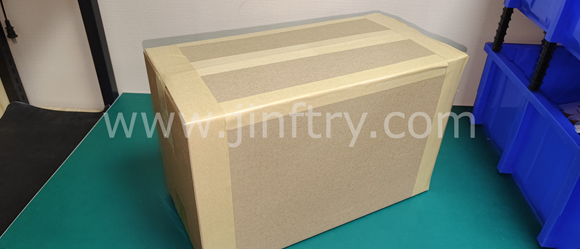F450DD103J2K0C Product Introduction:
KEMET Part Number F450DD103J2K0C(Film Capacitors), developed and manufactured by KEMET, distributed globally by Jinftry. We distribute various electronic components from world-renowned brands and provide one-stop services, making us a trusted global electronic component distributor.
F450DD103J2K0C is one of the part numbers distributed by Jinftry, and you can learn about its specifications/configurations, package/case, Datasheet, and other information here. Electronic components are affected by supply and demand, and prices fluctuate frequently. If you have a demand, please do not hesitate to send us an RFQ or email us immediately sales@jinftry.com Please inquire about the real-time unit price, Data Code, Lead time, payment terms, and any other information you would like to know. We will do our best to provide you with a quotation and reply as soon as possible.
Film capacitors are capacitors that use thin film materials as dielectric. This structure mainly consists of two layers of conductive metal foil, sandwiched with a thin film medium, which is usually made of polymer materials such as polyether esters, polypropylene, or polystyrene. The design principle is based on the storage of charges. When voltage is applied to both ends of the capacitor, positive and negative charges accumulate on two layers of metal foil, forming an electric field. Thin film capacitors are renowned for their high stability, low loss factor, and wide operating temperature range, and are particularly suitable for high-frequency circuits. In addition, due to its good self-healing ability, which can self recover after partial breakdown in the dielectric, it has a long service life and high reliability.
Application
Film capacitors are mainly used in multiple industries such as electronics, communication, automotive electronics, and medical equipment. In power electronics equipment, they are widely used in DC link filtering, power supply stabilization, and motor drive circuits to ensure smooth current and stable voltage. In audio devices such as speaker crossover networks, preamplifiers, and power amplifiers, thin film capacitors are favored for their excellent frequency response and low distortion characteristics, which help improve sound quality performance. In addition, thin film capacitors are often used in signal processing and filtering in communication systems, which can effectively remove noise in the signal and improve transmission quality. In the field of automotive electronics, thin film capacitors are used in engine management systems, airbag circuits, and in car entertainment systems to ensure circuit stability and safety. In medical equipment, such as electrocardiogram monitors and pacemakers, the high precision and stability of thin film capacitors make them key components that play an important role in monitoring and treating the health of patients.
FAQ about Film Capacitors
-
1. Are film capacitors suitable for audio?
Suitable
Film capacitors are very suitable for audio applications. Film capacitors perform well in audio circuits and have the following advantages:
Non-polarity: Film capacitors have no positive or negative poles, which gives them greater flexibility in circuit design.
High insulation impedance: The insulation impedance of film capacitors is very high, which can effectively reduce leakage current in the circuit and improve the stability of the circuit.
Excellent frequency characteristics: Film capacitors have a wide frequency response and can provide stable capacitance performance in the high and low frequency ranges, which is suitable for various frequency changes in audio circuits.
Low dielectric loss: The dielectric loss of film capacitors is very small, which means that during the transmission of audio signals, less energy is lost and the integrity of the signal is maintained.
Self-healing properties: Film capacitors have self-healing properties and can automatically repair internal defects when they occur, extending their service life.
-
2. Will the performance of film capacitors degrade?
Yes
The performance of film capacitors will degrade. The performance degradation of film capacitors is mainly due to their internal structure and material properties.
Reasons for performance degradation
Metal plating oxidation: During the capacitor manufacturing process, there is a trace amount of air between the film layers, which may be ionized under the action of the electric field to produce ozone. Ozone is a strong oxidant that oxidizes the metal plating to produce non-conductive metal oxides, resulting in a reduction in the plate area and a decrease in the capacitor capacity.
Humid air: During the winding process of film capacitors, if the workshop environment is not properly controlled, there will be a large amount of humid air. These humid air will produce air ionization reactions when the capacitor is working, generating ozone, which further causes the capacitor capacity to decay.
Poor quality materials: The film materials used are of poor quality, such as uneven evaporation and defects on the film, which will cause the capacitor capacity to decay.
-
3. What is the difference between foil capacitors and film capacitors?
Electrode materials, structure, and application areas
The main difference between foil capacitors and film capacitors lies in electrode materials, structures, and application areas.
Electrode materials and structures
Foil capacitors: Foil capacitors usually use metal foil as electrodes. This electrode is formed on a plastic film by vacuum evaporation, which is called a metallized film. This structure can save the thickness of the electrode foil, thereby reducing the volume of the capacitor and making it more miniaturized.
Film capacitors: Film capacitors use plastic films as dielectrics. Common plastic films include polyethylene, polypropylene, polystyrene or polycarbonate. These films overlap at both ends and are rolled into a cylinder to form a capacitor.
 Lead free / RoHS Compliant
Lead free / RoHS Compliant



